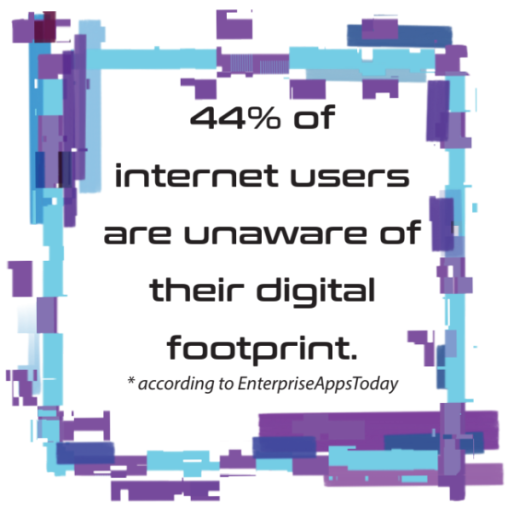by Lilly Ludwig
Near the end of August I was about ready to throw my phone out the window. I think anyone linked with any form of social media can relate to this feeling because that was when the Amyotrophic Lateral Sclerosis Association (ALSA) ice bucket challenge quickly flooded the newsfeeds in your social media. This challenge reveals that the meaning behind acts of benevolence can be distorted by social media.
I’ve seen the ice bucket challenge done several ways. One way is that the person nominated needs to dump ice water on themselves to get out of donating $100 to ALSA. Another is that the nominee can either donate $100, or donate $10 and dump water on themselves.
Regardless, all of these methods display serious flaws. For one, the whole idea of someone thinking that donating $100 is so terrible they must dump ice water on themselves is almost disrespectful. Being someone who wants to work for a nonprofit organization someday, I understand that those who work for organizations such as ALSA are dedicating their lives to a cause they believe in, and to say donating some cash to that cause is so bad one would rather experience an unpleasant sensation is offensive.
The second flaw is the idea that if someone is nominated, then they must donate money. Whether it be $100 or $10, no one should feel pressured to donate. Plus, to publicly put someone on the spot is taking away the opportunity for that person to either respectfully not donate money, or quietly donate money without making a scene.
It was late August and I got nominated for the ice bucket challenge. I hadn’t looked into the ALSA nonprofit before, but since it was my turn to be nominated, I did a quick google search and pulled up the ALSA website. I was not opposed to donating money, but I first wanted to take a look at the ALSA’s 2012 financial summary. There I was surprised to see the breakdown of the usage of all donations.
According to the website, only 25 percent of donations go to research. The other money goes to a series of categories that include fundraising and unnamed activities such as “community education,” as well as 12 percent which goes to the pockets of the non-profit’s officials themselves.
This does not compare well to other nonprofits, such as People For The Ethical Treatment of Animals, which uses 84 percent of donations towards programs that directly help animals, and only 1 percent on administrative purposes., or the American Cancer Society, which uses 60 percent of donations to programs to help people with cancer and only 6 percent on administrative purposes, according to their financial summaries.
The important thing for people to remember is that even nonprofits can be interested in paying their workers. Now, does this make ALSA a “bad” nonprofit? Not at all. The cause is still great, and the tactic of doing something outrageous to raise attention for a cause is nothing new.
However, if one is going to donate his/her money, he/she should be aware that not all nonprofits are using money as effectively or in the same way as others.
One of the good parts of the ALS ice bucket challenge, besides hopefully bringing support to those touched by the terrible disease, is that it raises the topic of what exactly defines a good act. In an age where volunteer work is often done because “it looks good for college” and donating money is seen as a social requirement over a moral obligation. It’s important to remember and respect the true meaning of such activities regardless of who is watching or what your friends are doing. And of course, thanks to the ALS ice bucket challenge, I will always think twice before dumping ice water on my head.









